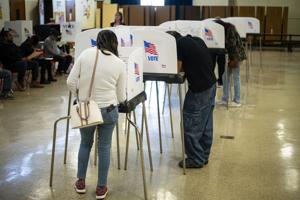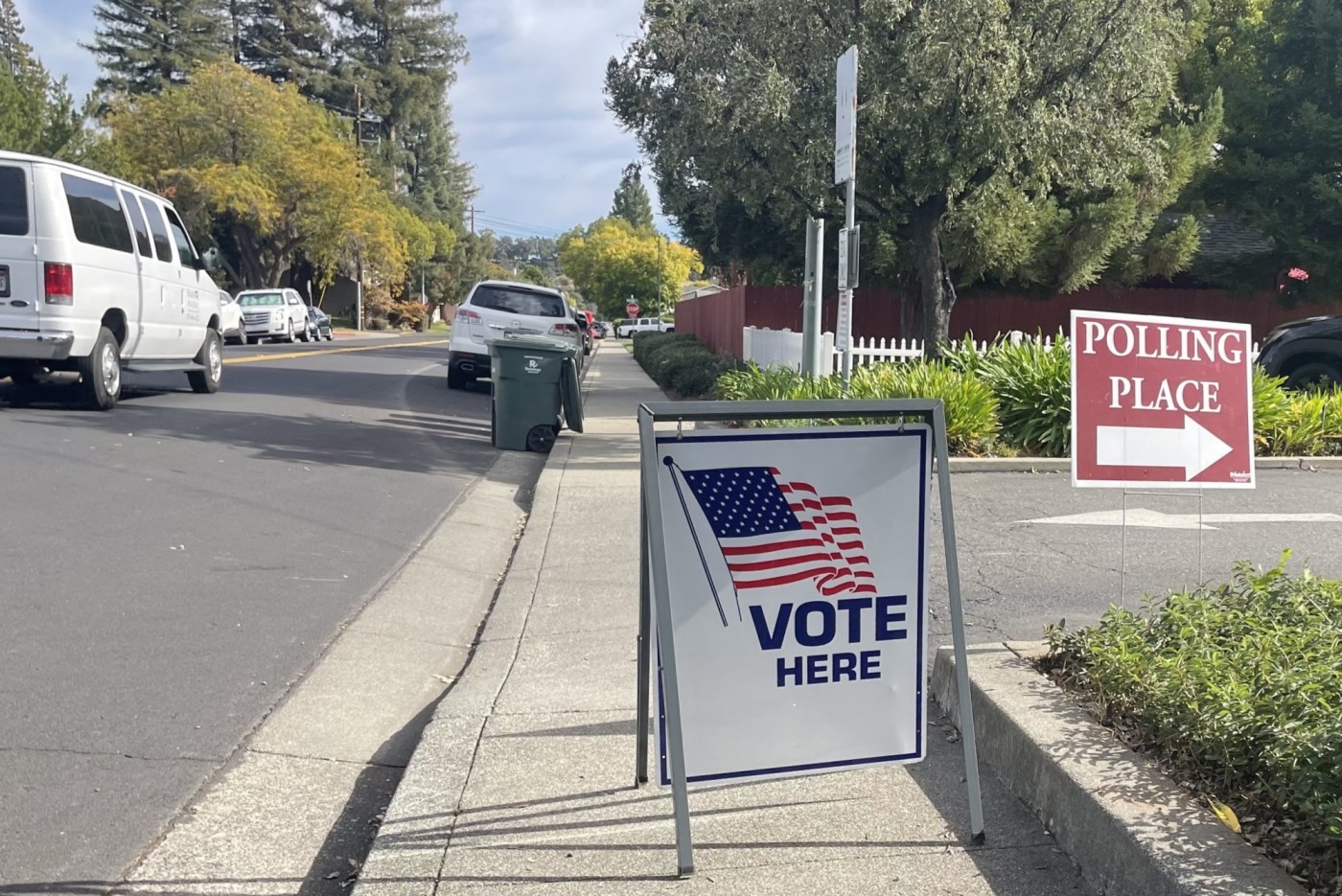Nearly six decades after its enactment, the protections established by the Voting Rights Act (VRA) of 1965 are under significant threat. Recent court cases and legislative initiatives could substantially weaken the law that has served as a cornerstone of democratic participation for marginalized groups in the United States.
The Supreme Court is currently reviewing Louisiana v. Callais, a critical case that challenges Section 2 of the VRA, which prohibits voting practices that discriminate against racial or language minority groups. This case could set a precedent that impacts voting rights nationwide. Additionally, the 8th Circuit Court of Appeals has restricted the ability of private citizens to file lawsuits under the VRA, raising concerns about the future enforcement of these vital protections.
Proposed legislation, the Safeguard American Voter Eligibility Act (SAVE) Act, is also gaining attention in Congress. This act would require proof of citizenship for voter registration. Critics argue that this requirement could disenfranchise eligible voters, particularly among minority communities.
Sean Morales-Doyle, director of the Voting Rights and Elections Program at the Brennan Center for Justice, highlighted the growing disparities in voter participation. He noted that changes at the local level have exacerbated the gap between white and non-white voters, as evidenced by recent research from his organization.
The VRA emerged from the tumultuous civil rights movement in the 1960s. On March 7, 1965, peaceful demonstrators advocating for voting rights were violently confronted by state troopers on the Edmund Pettus Bridge in Selma, Alabama. This event, known as “Bloody Sunday,” catalyzed nationwide support for federal voting protections. Just five months later, President Lyndon B. Johnson signed the VRA into law, attended by key civil rights leaders, including Dr. Martin Luther King Jr..
This landmark legislation aimed to eliminate discriminatory practices that had historically suppressed Black voter registration. Within a year, nearly 250,000 new Black voters registered across the country. By 1967, the percentage of eligible Black voters in Mississippi who were registered surged to nearly 60%.
The erosion of these protections gained momentum following the Supreme Court’s ruling in Shelby County v. Holder in 2013. This decision struck down the VRA’s preclearance requirement, which mandated federal approval for changes in voting laws in states with histories of racial discrimination. Since then, state legislatures have increasingly enacted restrictive voting laws, often under the guise of preventing voter fraud.
Samantha Pettey, a professor of history and political science, emphasized the implications of the Shelby ruling. She noted that the racial turnout gap has widened significantly in jurisdictions previously covered by the VRA. This trend indicates that the decision has disproportionately affected the voices of marginalized communities in the electoral process.
In Texas, Republican lawmakers are attempting mid-decade redistricting aimed at flipping five Democratic congressional seats. This effort comes in the wake of a ruling that deemed some of the state’s districts as racially gerrymandered. If successful, this new map could shift Texas’s congressional delegation from 25 Republicans and 13 Democrats to 30 Republicans and 8 Democrats, despite recent elections revealing a more divided electorate in the state.
Michael Kruse, a criminal defense lawyer, expressed concern about the weakening of the VRA. He noted that the invalidation of preclearance removed a critical safeguard against discriminatory laws. Kruse highlighted that the erosion of legal protections is often subtle, occurring through calculated legislative changes rather than overt attacks on voting rights.
The challenges to voting rights are not limited to racial discrimination. Voters with disabilities frequently encounter barriers that hinder their participation in elections. Shira Wakschlag, senior executive officer of legal advocacy at The Arc of the United States, pointed out that individuals with disabilities are significantly more likely to face difficulties when voting, both in-person and by mail.
The upcoming Supreme Court case, Louisiana v. Callais, remains a focal point of concern. The case questions whether Louisiana overstepped by using race to create a new voting map that includes a second majority-Black district. Alanah Odoms, executive director of the ACLU of Louisiana, warned that a ruling against this district could cause irreparable harm to Black residents in Louisiana, where approximately one-third of the population is Black.
The VRA also includes critical provisions for language assistance, which are essential for immigrant communities. Attiba Ellis, a law professor, underscored the importance of these protections for newly naturalized citizens who may not speak English as their first language.
As the landscape of voting rights continues to shift, the erosion of the VRA raises fundamental questions about the future of democratic participation in the United States. The ongoing legal battles and proposed legislation highlight the delicate balance between safeguarding electoral integrity and ensuring equitable access to the ballot box for all citizens.






